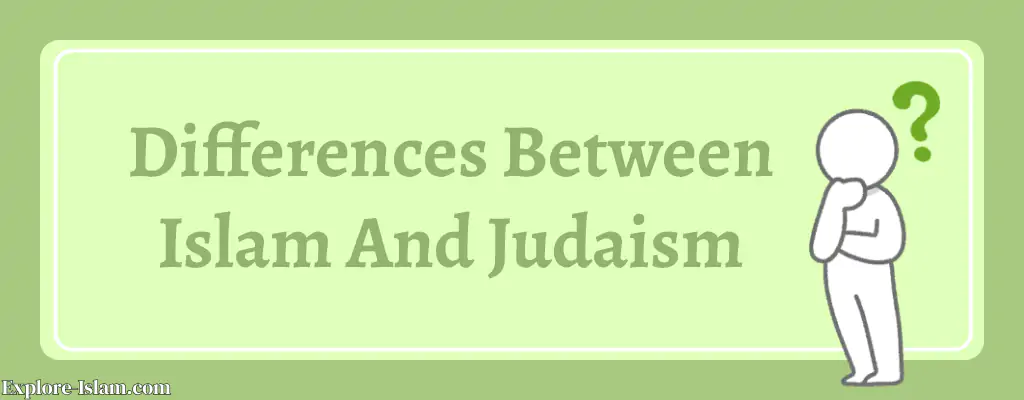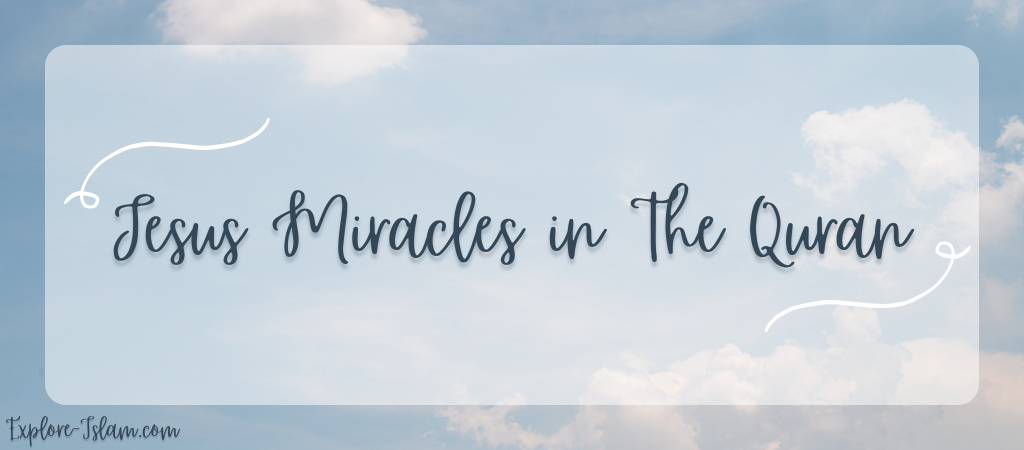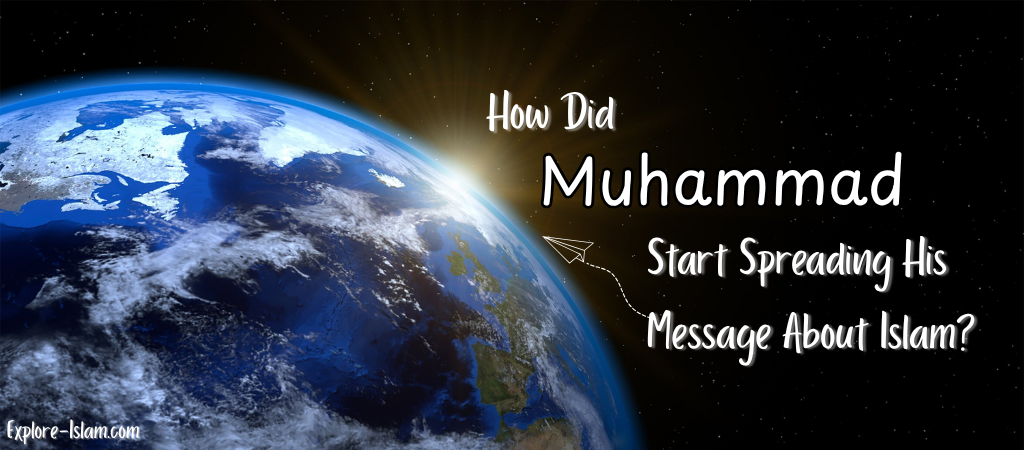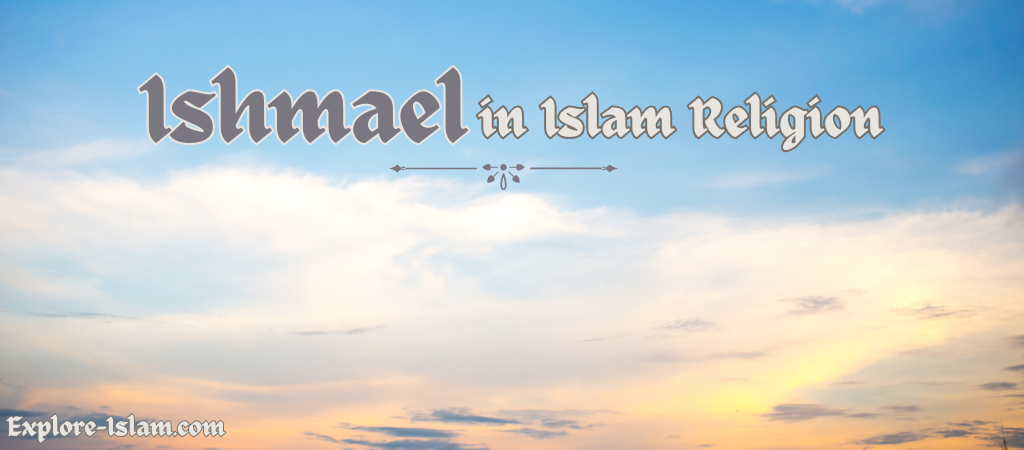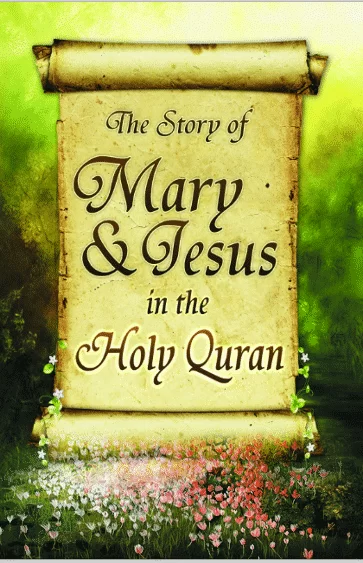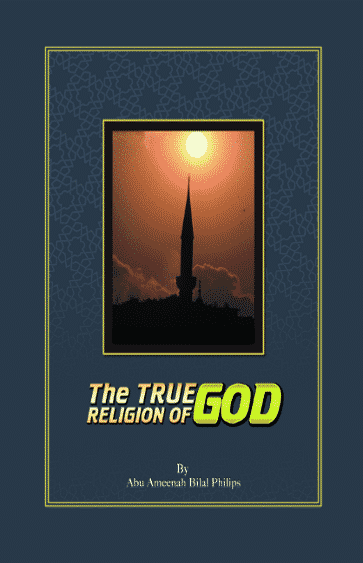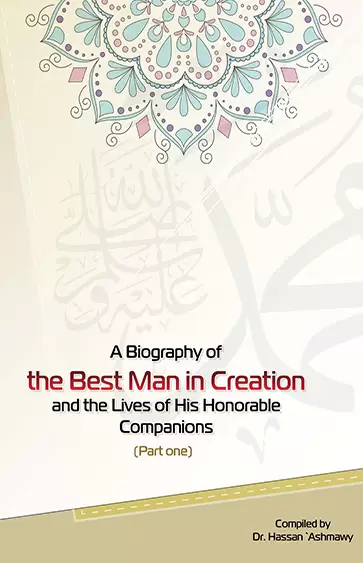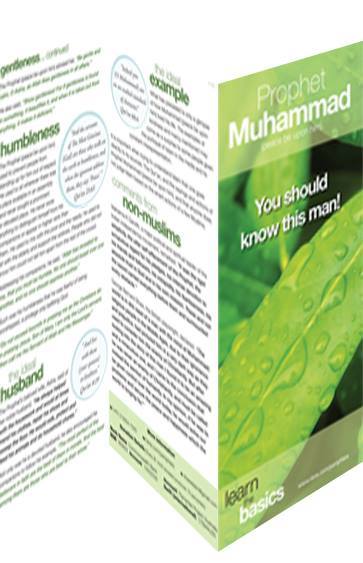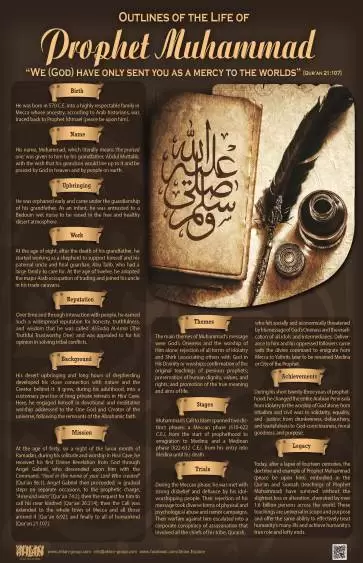Islam and Judaism share many core beliefs, including the worship of one God, belief in prophets like Abraham and Moses, and the importance of moral conduct, charity, and religious law.
Both faiths observe similar practices such as fasting, dietary restrictions, circumcision, and modest dress. They also recognize divine revelation and share prophetic traditions, including references to Prophet Muhammad (PBUH) in the Torah.
So in summary, Islam and Judaism share many similarities since they originate from the same divine source:
- Unipersonal Monotheism: Both Muslims and Jews believe in only one God.
- Belief in Prophets: Both religions acknowledge many prophets, including Abraham and Moses (PBUT).
- Charity, Fasting, and Dietary Laws: Both emphasize charity, have similar fasting practices, and follow specific dietary laws.
- Rituals: Circumcision and modest dressing for women are observed in both faiths.
- Prophecy of Prophet Muhammad (PBUH): The Quran and the Hebrew Bible mention the prophecy of Prophet Muhammad (PBUH).
While Islam believes in the original version of the Torah, it teaches that previous divine books were abrogated with the advent of Islam, which is regarded as the final divine message to humanity.
The main differences between Islam and Judaism include:
- The Description of Almighty God and His Messengers: These differ significantly in the books of Islam and Judaism.
- View Towards Other Nations and Racism
- Approach to Wars
- Preservation of Scriptures
- Rules of Inheritance
- View on Women
To read more about the Differences Between Islam And Judaism, please read this article. Let’s focus here on the similarities between Islam And Judaism in detail:
Since Islam and original Judaism have the same divine source, there are a lot of similarities between their laws. Provided are a group of these similarities:
1. Unipersonal Monotheism in Islam And Judaism
Both Jews and Muslims believe in one true God, based on the Quran and the Old Testament, as follows:
- Quran: In the Quran, Almighty God states His oneness, saying: “Say, ˹O Prophet,˺ “He is Allah—One ˹and Indivisible˺” (Quran: 112:1)
- Old Testament: Also, in the Torah, unipersonal monotheism is declared:
“I am the LORD, and there is no other; besides me, there is no god” (Isa 45:5).
2. Fasting Method in Islam And Judaism
The method of Islamic and Jewish fasting overlaps in the style of abstaining from food and water, with a difference in timing. That of Jews is longer, from before sundown on the previous night until after sundown on the day of the fast (about 25 hours), while that of Muslims is only from dawn to sunset of the same day. Also, one common day observed in fasting by Muslims and Jews (Ashura Day) since Muslims believe in Moses. In the Hadith:
“When the Prophet (ﷺ) came to Medina, he found (the Jews) fasting on the day of ‘Ashura’ (i.e., 10th of Muharram). They used to say: ‘This is a great day on which Allah saved Moses and drowned the folk of Pharaoh. Moses observed the fast on this day, as a sign of gratitude to Allah.’ The Prophet (ﷺ) said, ‘I am closer to Moses than they.’ So, he observed the fast (on that day) and ordered the Muslims to fast on it.” (Sahih al-Bukhari 3397)
3. Some Dietary Laws Are similar in Islam And Judaism
Many dietary laws are common in Judaism and Islam, which is why Muslims living in the West tend to buy Jewish meat. Still, Judaism provides extra restrictions over dietary laws than Islam. Let’s show examples:
- Common types of forbidden meat: pork, animals with fangs (e.g., cats, dogs, lions, bears), amphibians, and reptiles are forbidden in Islam and Judaism. Most kosher animals are also halal.
- Ritual of slaughter: Both Muslims and Jews carry out slaughter with a single cut to the throat, rather than the more widespread practices of stunning with a bolt to the head before slaughter.
- Extra restrictions in Judaism for violations: Judaism has extra restrictions in dietary laws, such as the condition of separation between milk and meat and for fish to have both fins and scales, which means that shrimp, for example, is forbidden.
The Quran tells about the restriction put on food laws for Jews:
“And to those who are Jews We prohibited every animal of uncloven hoof; and of the cattle and the sheep We prohibited to them their fat, except what adheres to their backs or the entrails or what is joined with bone. [By] that We repaid them for their transgression.” (6:146)
4. Circumcision in Islam And Judaism
Circumcision is obligatory for male Muslims and Jews. Still, it has different objectives. For Jews, circumcision acts as an outward physical sign of the eternal covenant between God and the Jewish people, while Muslims keep it to follow the Sunnah (practice) of Prophet Muhammad and for cleanliness since the skin covering the glans cannot be cleaned properly.
5. Charity in Islam And Judaism
Both Muslims and Jews observe charity as an obligatory action:
- Zakah: This is a prescribed type of charity observed as the third pillar in Islam when meeting a specific amount of money. Still, there is a wide range of recommended charity that can be done for all.
- Tzedakah: This is the Hebrew word for charity, and it is an obligation.
6. Belief in Prophet Abraham and Moses
Both Jews and Muslims believe in common prophets like Noah, Lot, Jacob, Moses, and Abraham. Belief in these noble messengers is a pillar of Muslim faith.
While the Old Testament includes negative descriptions of these messengers, the Quran holds them in high esteem, presenting them as role models for Muslims, and their names are significantly repeated in the Quran.
7. Modest Dressing for Women
Islam and Judaism encourage modesty in women dressing and not to show adornments:
- Islam: “And tell the believing women to lower their gaze and guard their chastity, and not to reveal their adornments except that which [necessarily] appears thereof.” (Quran: 24:31)
- Judaism: “I also want the women to dress modestly, with decency and propriety, adorning themselves, not with elaborate hairstyles or gold or pearls or expensive clothes.” (1 Timothy 2:9)
8. Prophecy of Prophet Muhammad (PBUH) in the Quran and Torah
- Prophecy mentioned in the Quran: The Quran states that previous scriptures prophesied the coming of the last Prophet Muhammad and include some of his descriptions as guidance for truth seekers to follow him upon his coming:
“The ones who follow the Messenger, the unlettered Prophet, whose description they find in their Torah and the Gospel.” (7:157) - Prophecy of Muhammad in the Torah: In Deuteronomy 18, Moses stated that Almighty God told him:
“I will raise up for them a prophet like you from among their fellow Israelites, and I will put my words in his mouth.”
The prophecy matches Prophet Muhammad (PBUH) as follows:
- Muhammad is like Moses: natural birth, brought new covenants, and led a natural life, had children, and died naturally, defeated their enemies, and led their people.
- Muhammad is among the brothers of Israelites, i.e., the Ishmaelites.
- Almighty God revealed the Quran to Prophet Muhammad (PBUH).
Thus, all these similarities prove the divine source of the two religions. Based on these similarities and prophecies of Prophet Muhammad, sincere Jews are invited to follow Islam, the last divine message to humanity mentioned in earlier Scriptures.
Conclusion:
The close alignment between Islam and Judaism in worship, lifestyle, and law highlights their common heritage and divine roots. Their shared values—such as justice, charity, and obedience to God—form a moral framework that guides millions of followers worldwide. These parallels are not coincidental but reflect a divine continuity in message and purpose.
While Islam builds on the foundation of earlier revelations, it presents itself as the final, unaltered message to humanity. The Quran invites sincere Jews and other seekers of truth to recognize Prophet Muhammad (PBUH) as the final messenger mentioned in their own scriptures. Understanding these shared beliefs paves the way for mutual respect and deeper interfaith dialogue.
Do you want to learn more about Islam and why it’s the only truth preserved for eternal happiness? Start a conversation with our team right now!

